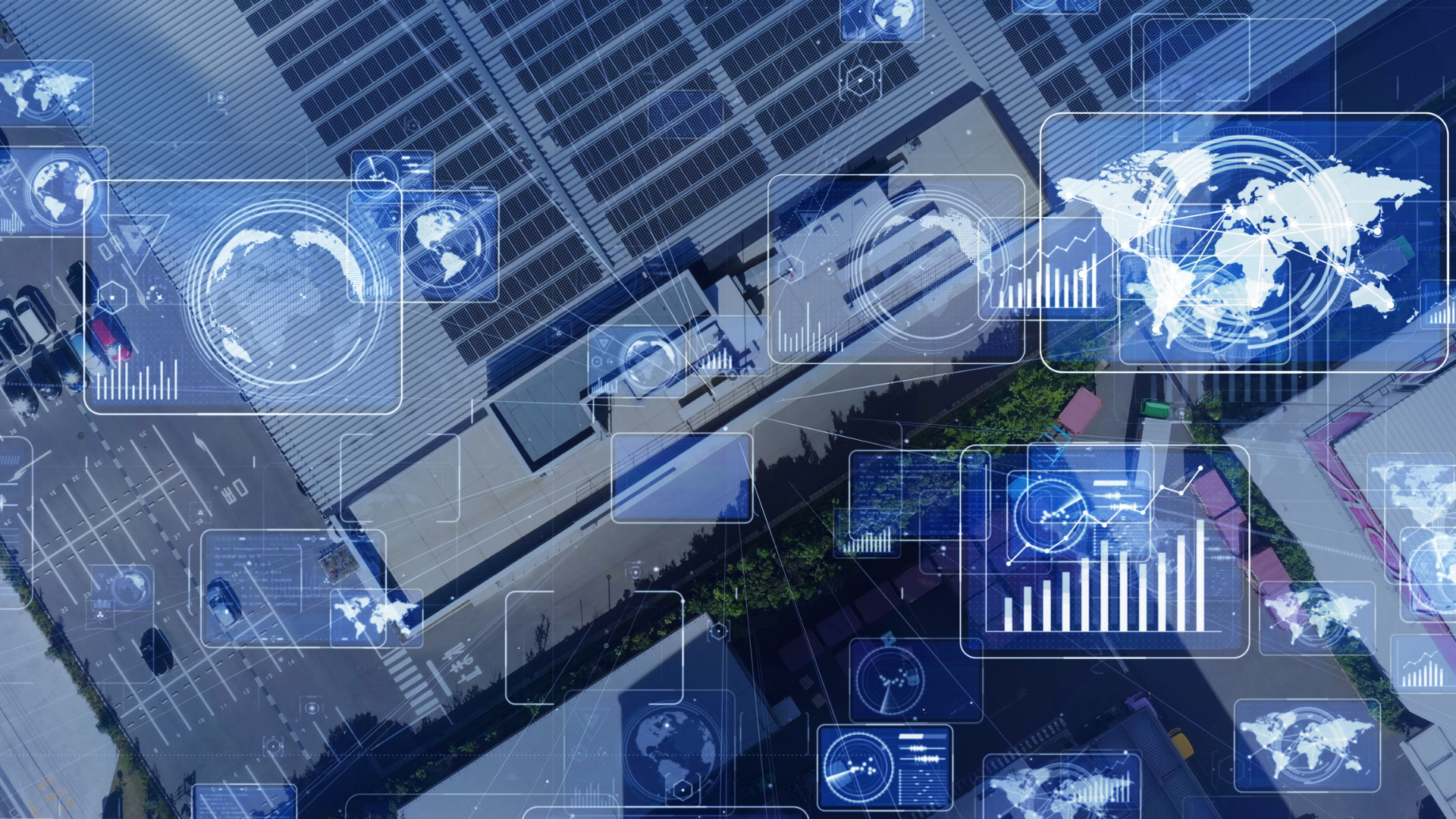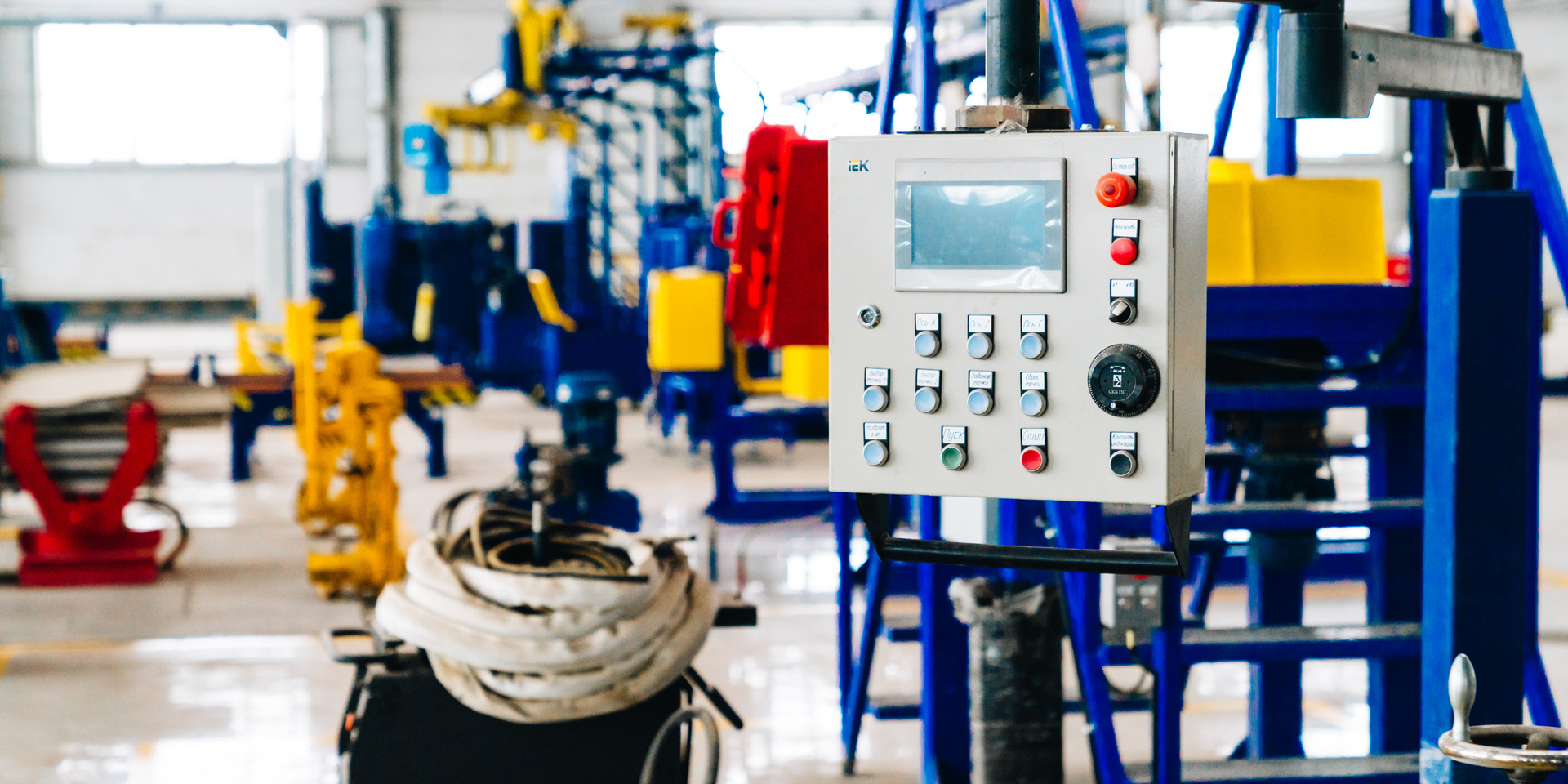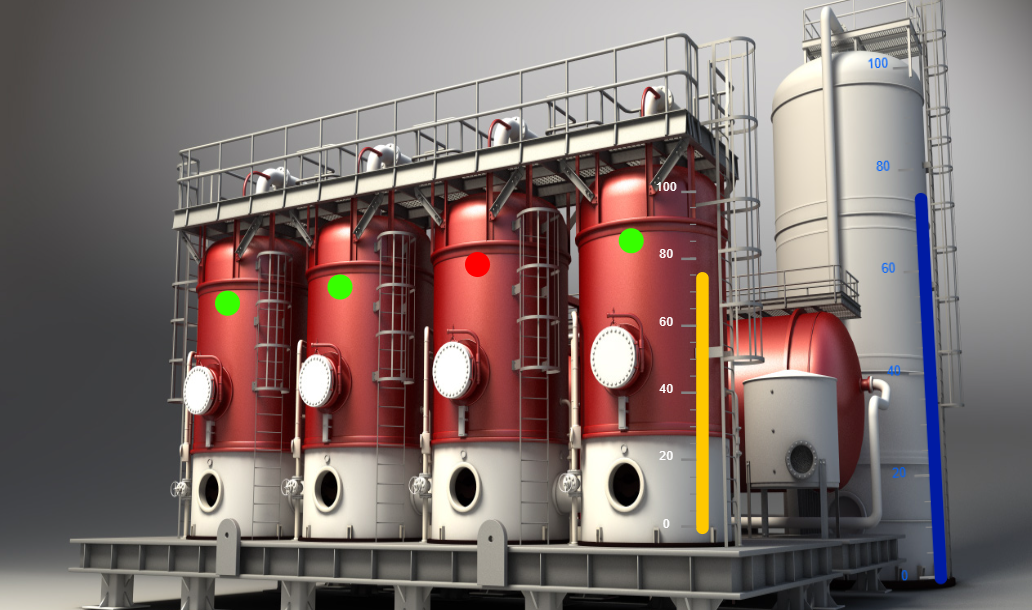How Will Industry 4.0 Affect People?
How Will Industry 4.0 Affect People?
Industry 4.0 Books, also known as the Fourth Industrial Revolution, is a term used to describe the integration of digital technologies and automation in various industries. The implementation of Industry 4.0 is poised to have a profound and transformative impact on both individuals and businesses alike. This technology is expected to revolutionize the way people create content, enhancing productivity and efficiency across various industries. By automating tasks that were once time-consuming, AI allows individuals to focus their energy on more strategic and creative endeavors. Moreover, businesses can benefit from improved operational processes, as these advanced tools offer accurate and high-quality content generation capabilities. Overall, the integration of Industry 4.0 is anticipated to bring about a paradigm shift in how people live their lives and conduct business operations in the future.

What Is the 1st 2nd 3rd and 4th Industrial Revolution?
The previous industrial revolutions, namely the First, Second, and Third Industrial Revolutions, brought about major advancements in manufacturing processes and technology. The First Industrial Revolution introduced mechanization through steam power, while the Second Industrial Revolution saw the rise of mass production and electricity. The Third Industrial Revolution marked the advent of computers and automation.
Industry 4.0 Technologies Meaning
Industry 4.0 builds upon these previous revolutions by incorporating technologies such as artificial intelligence (AI), internet of things (IoT), big data analytics, cloud computing, robotics, and additive manufacturing (3D printing). These technologies enable machines to communicate with each other and make autonomous decisions based on real-time data.
What Is Industry 4.0 in Simple Words?
Industry 4.0, in simple terms, refers to the fourth industrial revolution where machines are interconnected and possess advanced capabilities to perform tasks with unprecedented efficiency. This revolutionary concept has the potential to significantly boost productivity levels, generate substantial cost savings, enhance quality control measures, and provide exceptional customer experiences across diverse industries. With the advent of Industry 4.0, businesses can leverage interconnected machines and advanced technologies such as Internet of Things (IoT), artificial intelligence (AI), and big data analytics to optimize their operations. The seamless integration of these technological advancements allows for real-time communication between machines, enabling them to autonomously make decisions and perform complex tasks with minimal human intervention.
One major advantage of Industry 4.0 is its ability to greatly increase productivity levels. Through the efficient coordination of interconnected machines, production processes become streamlined and optimized for maximum output. This results in reduced downtime and improved overall efficiency within manufacturing facilities. Moreover, Industry 4.0 facilitates significant cost savings for businesses. By automating various tasks previously performed by humans, companies can reduce labor costs while simultaneously enhancing operational efficiency. Additionally, predictive maintenance enabled by IoT sensors helps prevent costly equipment failures by identifying potential issues before they occur. Quality control is another area that benefits from Industry 4.0 implementation. With interconnected machines constantly monitoring production processes and capturing real-time data, manufacturers can detect defects or deviations from desired standards more accurately and promptly than ever before. This allows for immediate corrective actions to be taken, ensuring superior product quality throughout the production cycle.
Furthermore, Industry 4.0 has a profound impact on customer experiences across industries by enabling personalized products or services tailored to individual preferences or needs. Advanced analytics algorithms process vast amounts of customer data collected through IoT devices or online interactions to generate valuable insights that inform product design or service delivery improvements. In conclusion, Industry 4.0 represents a future where interconnected machines work together efficiently using advanced technologies like AI and IoT. This paradigm shift offers numerous benefits such as increased productivity, cost savings, improved quality control, and enhanced customer experiences. Embracing the potential of Industry 4.0 can position businesses at the forefront of innovation and competitiveness in today's rapidly evolving digital landscape.
What Are the Industry 4.0 Standards?
As for Industry 5.0 examples or standards specifically mentioned in your keywords like "Industry 50 examples" or "industry 40 standards," they are not widely recognized terms or concepts at this time. However, it is worth noting that industry standards may evolve alongside technological advancements in Industry 4.0 as new practices emerge.
Although there may be an abundance of books or PDFs available on the subject of Industry 4.0, it is crucial to rely on reputable and reliable sources to gain accurate and comprehensive insights into this rapidly evolving field. By consulting such sources, individuals and businesses can access more detailed information regarding the implications of Industry 4.0 on various aspects such as workforce, technology, and overall business operations. This will enable them to make informed decisions and stay ahead in this ever-changing landscape of technological advancements.
You might also like



